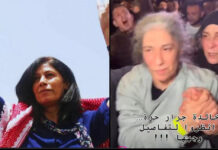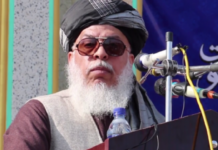The European Court of Human Rights has upheld Belgium’s ban on the niqab and burqas.
European judges stated that the national ban, which came into effect in 2011, did not breach the rights to family and private life and freedom of religion, or discrimination laws.
The court found Belgium had the right to implement restrictions with the aim of safeguarding principles of “protection of the rights and freedoms of others” and “living together”.
Its decision stated that the government was responding “to a practice that it considered to be incompatible, in Belgian society, with social communication and more generally the establishment of human relations, which were indispensable for life in society…essential to ensure the functioning of a democratic society”.
The ECHR dismissed two unrelated cases – one appealing Belgium’s national ban and another on a 2008 by-law imposed by three municipalities.
In March, the European Court of Justice ruled that companies can legally ban Muslim employees from wearing the hijab, but only as part of prohibitions including other political and religious symbols.
But the Luxembourg-based court found that prohibitions could constitute discrimination if people adhering to a specific religion, such as Muslims, are put at a particular disadvantage.
Subscribe to our newsletter and stay updated on the latest news and updates from around the Muslim world!
Several cases are still pending across Europe, including an employment tribunal in Britain where a Muslim estate agent is suing her former employer after allegedly being told to remove her black hijab because the garment had “terrorist affiliations”.
The hijab, burqas and the niqab has become a centre point of controversy and debate in Europe in relation to integration and freedom of religion.
France was the first European country to impose a national burqa ban in April 2011.
Bulgaria and Bulgaria followed, with partial and regional prohibitions currently in place in Switzerland, Denmark, Spain and Italy.
The Dutch, German and Austrian parliaments have voted in support of a partial ban on the niqab, but no laws have yet been implemented.






















